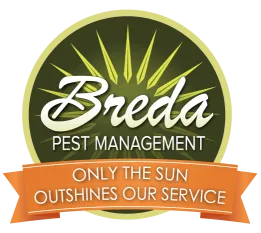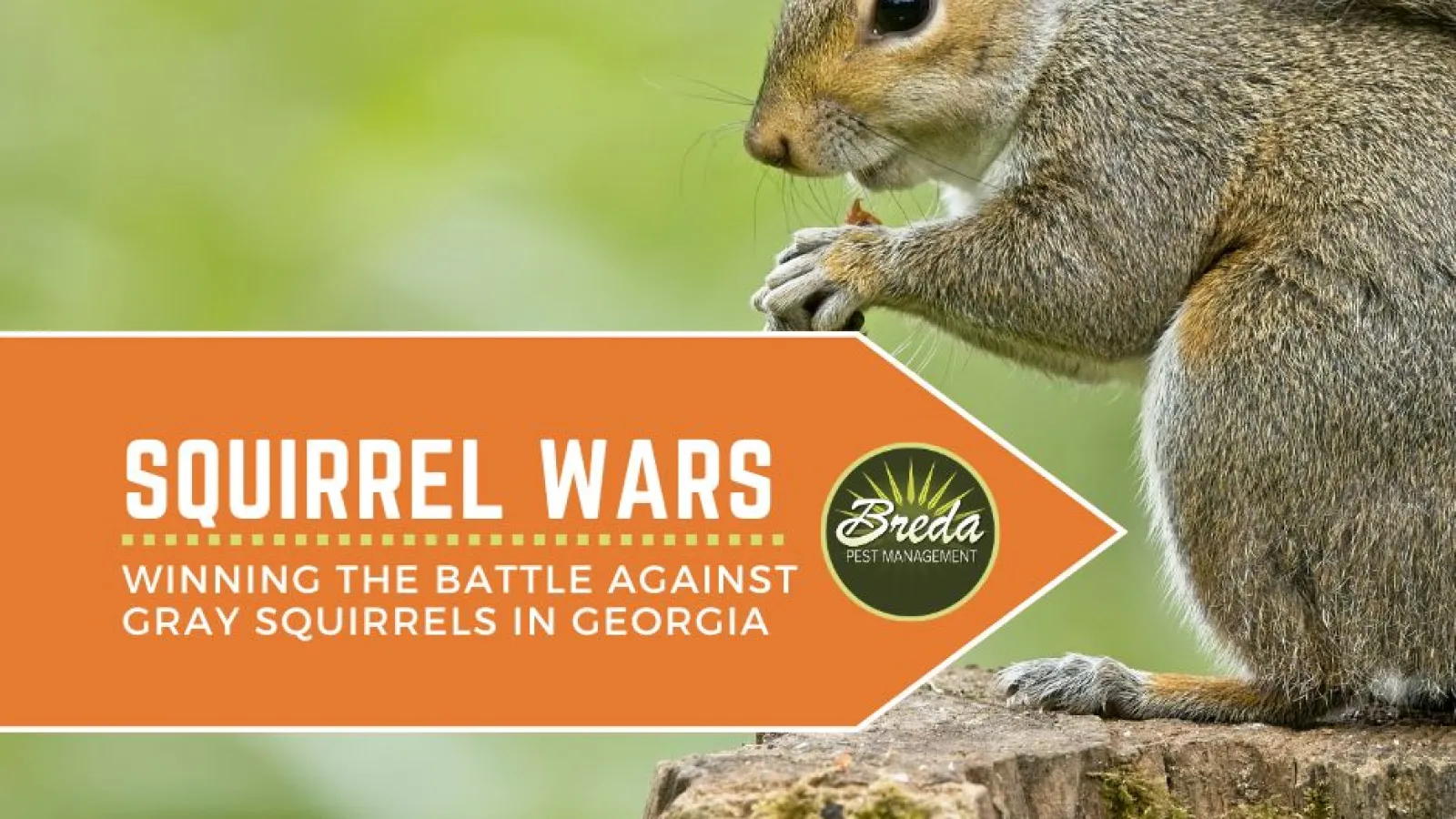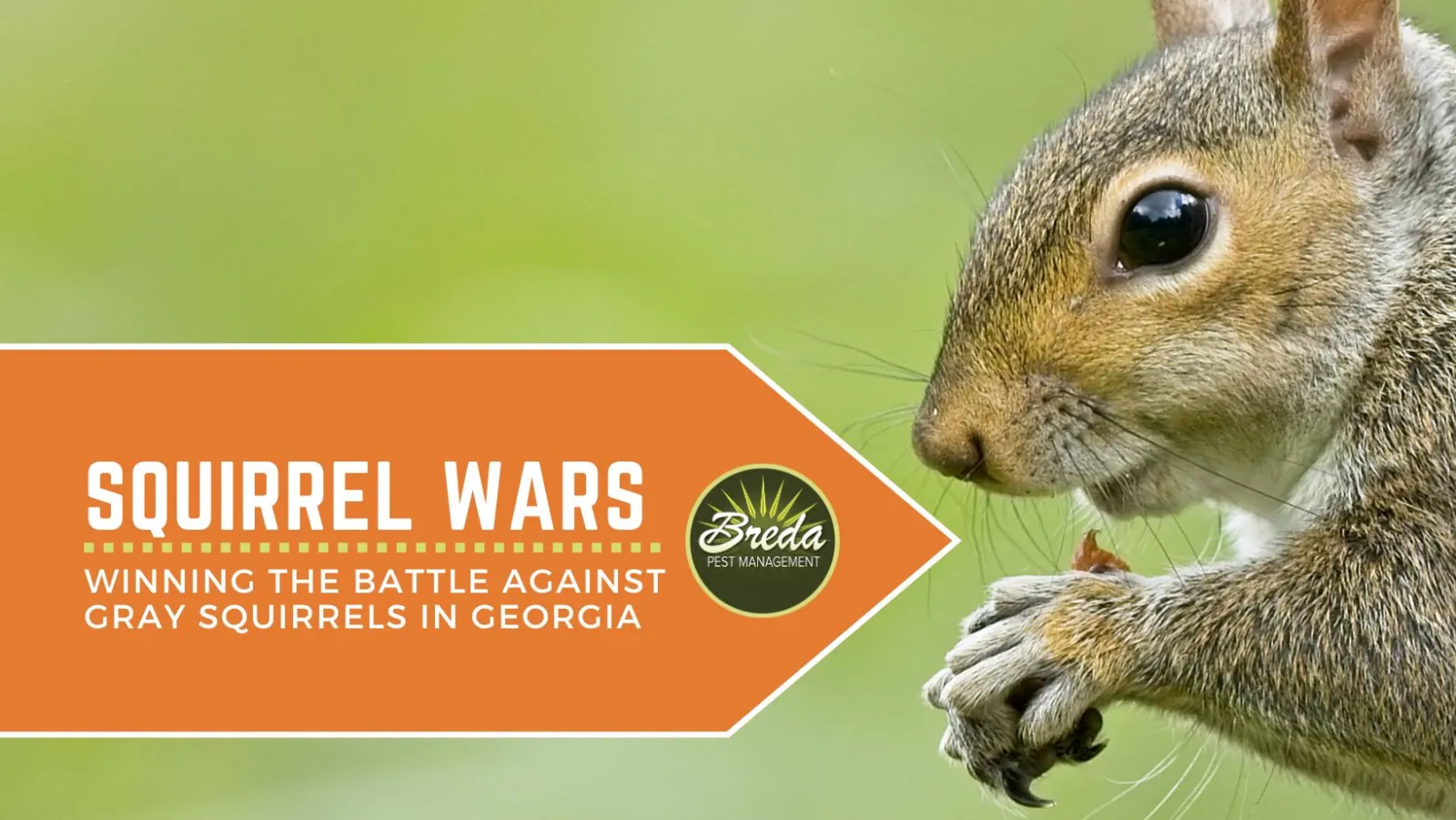
Gray squirrels are a common sight in Georgia, immediately recognizable thanks to their bushy tails and quick movements. These cute and seemingly harmless creatures can become a major nuisance, however, when they decide to make your home their own. Let's explore effective strategies for managing and preventing gray squirrel infestations, while also delving into the unique squirrel challenges homeowners in Georgia face.
Understanding the Gray Squirrel
The Eastern gray squirrel (Sciurus carolinensis) is native to Georgia and thrives in both urban and rural environments. They are particularly notorious for invading attics and crawl spaces, where they can cause significant damage by chewing through wires, insulation, and even wood. Gray squirrels are highly adaptable, making them a formidable foe for homeowners trying to keep them at bay.
The Damage Gray Squirrels Can Cause
While gray squirrels may look cute, the damage they can inflict on a home is anything but. Squirrels have strong teeth that never stop growing, prompting them to gnaw on a variety of materials to keep their teeth sharp. This behavior can lead to:
Electrical Fires: Chewing through electrical wires can spark fires.
Structural Damage: Squirrels often chew on wood, plastic, and other building materials.
Health Risks: Squirrel droppings and urine can create unsanitary conditions and lead to unpleasant odors. In rare cases, squirrels may carry diseases like tularemia and leptospirosisâ (BREDA Pest Management).
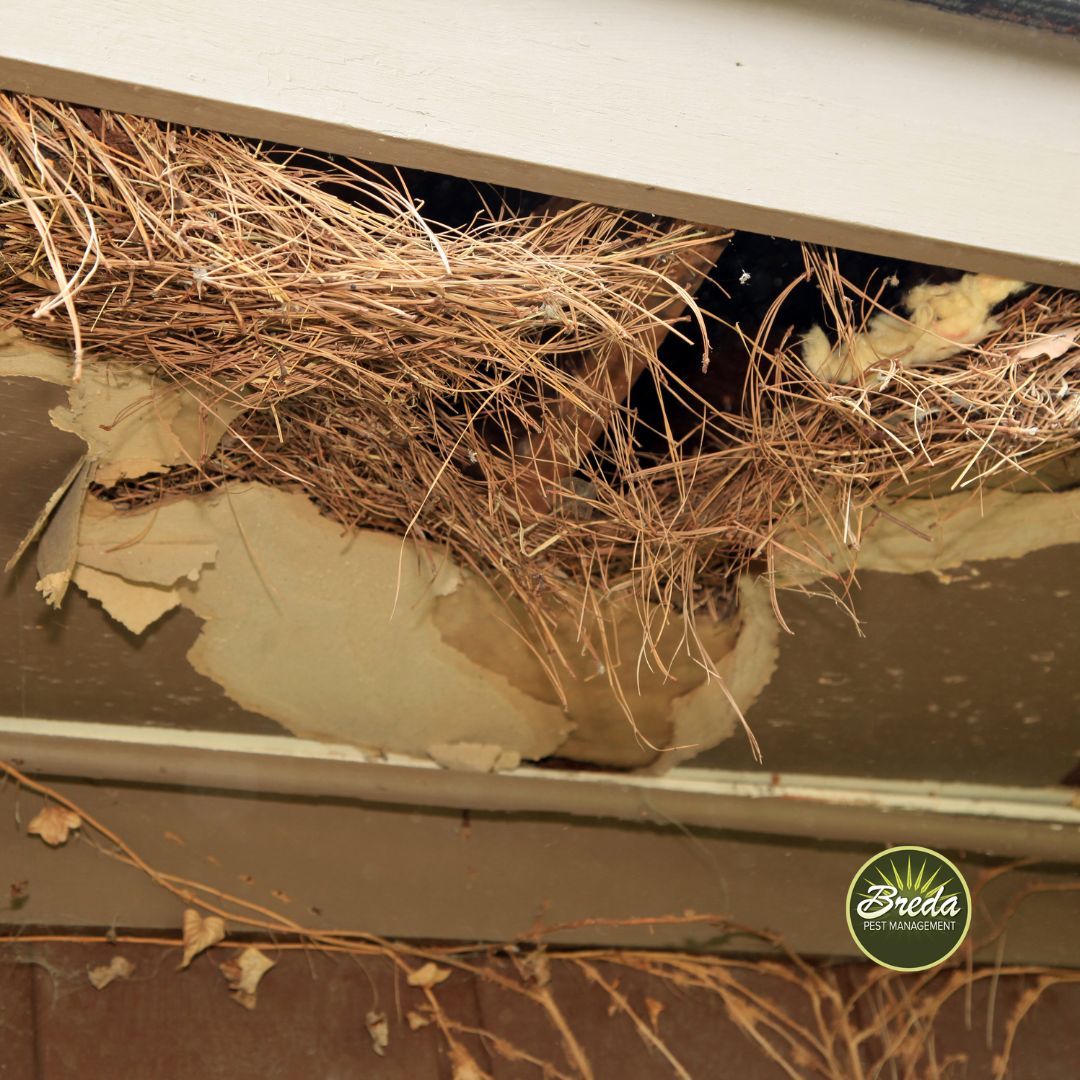
Signs of a Squirrel Infestation
Early detection is crucial to managing a squirrel infestation. Here are some signs to watch out for:
Scratching and Scurrying Sounds: If you hear noises in your attic or walls, especially during the early morning or evening, squirrels might be the culprits.
Chew Marks: Look for gnaw marks on wood, wires, and other materials around your home.
Droppings: Squirrel droppings are small, dark, and often found near their nesting areas.
Nesting Materials: Squirrels build nests from twigs, leaves, and insulation, which they often bring into attics and crawl spaces.
Effective Strategies for Squirrel Control
Seal Entry Points:
Squirrels are adept climbers and can squeeze through small gaps. Inspect your home for potential entry points, such as roof gaps, vents, and chimneys. Sealing these with durable materials like galvanized steel mesh or hardware cloth can prevent squirrels from getting insideâ (BREDA Pest Management).
Trim Tree Branches:
Squirrels often gain access to roofs and attics by leaping from nearby tree branches. Trimming branches at least six feet away from your home can reduce the risk of squirrel entry.
Use Squirrel-Proofing Techniques:
Install squirrel guards on bird feeders and use baffles on trees to make it harder for squirrels to climb. This will not only protect your birdseed but also discourage squirrels from lingering near your home.
Humane Trapping and Relocation:
If squirrels have already invaded your home, humane traps can be used to capture and relocate them. It's important to check local regulations regarding trapping and relocation, as these can varyâ.
Call in the Professionals:
For severe infestations, it's wise to consult a pest control professional who specializes in wildlife removal. They can safely remove the squirrels, clean up any mess left behind, and properly seal up your attic or crawl space to prevent future infestationsâ.
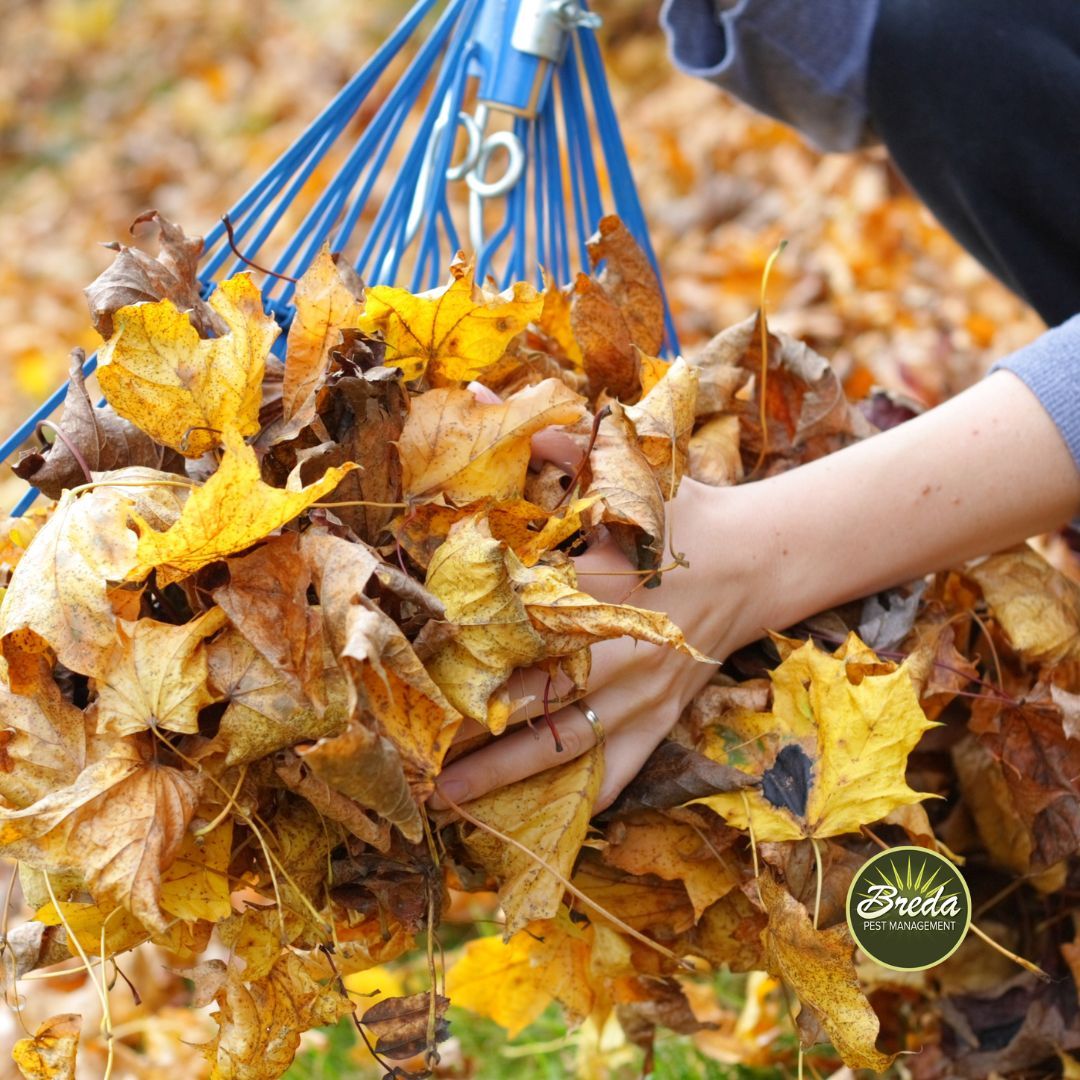
Long-Term Prevention for Gray Squirrels
After successfully removing gray squirrels from your home, implementing long-term prevention strategies is essential to avoid future problems:
Regular Inspections:
Schedule annual inspections of your attic, roof, and other potential entry points to ensure they remain secure.
Maintain Your Yard:
Keep your yard clean and free of debris that could attract squirrels. Regularly raking leaves, picking up fallen nuts, and keeping trash bins secured are simple ways to make your property less appealing to squirrels.
Invest in Professional Services:
Some pest control companies, like BREDA, offer wildlife exclusion services that may include long-term warranties. These services typically involve sealing up your home's entry points and providing ongoing monitoring to ensure that squirrels don't return.
Gray squirrels can be a challenging pest to manage but with the right strategies, you can protect your home and property. By understanding gray squirrels' behavior, taking preventive measures, and knowing when to call in the experts, you can win the battle against these persistent invaders. Remember, while squirrels are a natural part of Georgia's wildlife, they don't have to be part of your home.
If you're tired of wondering what the pests in or around your home are doing and just want them gone, don't hesitate to give us a call. The BREDA Guarantee promises to protect your home and keep it protected—no matter the circumstances. Schedule an inspection online or give us a call at 770-466-6700.
